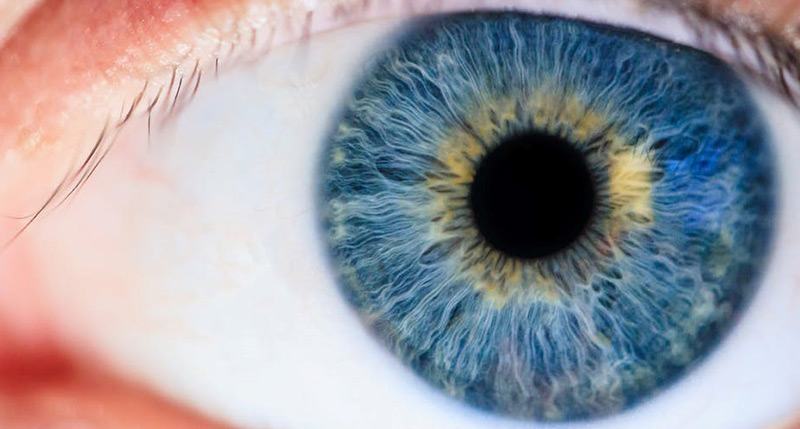The internet provides fantastic access to information and professionals—just think about all of the things you can learn through watching YouTube videos alone! Technology’s many uses to promote human health—information sharing, video conferencing and health monitoring—are just now beginning to make an impact.
However, one area in which the internet is not beneficial to human health is online vision testing. In August, the US Food and Drug Administration (FDA) recalled online vision testing from the market. The reason: Impersonal “video” eye testing represents an incomplete method for conducting a complete vision exam that can miss critical components that impact both your overall and optical health–and therefore, it represents a potential health risk to the public.
The American Optometric Association has issued a Public Health Advisory that informs patients about the recall of the online vision test from a provider called Visibly, and details the potential health risks posed by any remaining online vision testing products that may still be on the market.
This FDA ruling represents a “win” for both patients and eye health in general. When an optometrist performs your annual comprehensive eye exam, the process of refraction—the part of the exam that determines whether or not you need glasses or contact lenses to see your best—is just one aspect of the valuable information gathered to help keep your eyes healthy.
In a comprehensive visual examination, your optometrist checks 12 critical aspects of your eye health, evaluates how your eyes work together, educates you about the best way to continue seeing your best, and notes changes to the overall function and health of your eyes through the following methods:
- Medical case history
- Visual acuity
- Color blindness
- Binocular vision
- Cover test to check eye alignment
- Retinoscopy
- Refraction
- Dry-eye assessment
- Slit-lamp exam
- Glaucoma test
- Pupil dilation
- Lens education
The FDA pulled online vision testing in part because it only represents 1/12 of the total care your in-person, optometric exam provides.
The importance of an in-person, comprehensive eye exam with your optometrist cannot be understated. Did you know that in 2018, optometrists detected 301,000 cases of diabetes in their patients that had not yet been diagnosed? Comprehensive eye exams by an optometrist are a critical component of general preventive health care.
The complex structures of the eye are often where other health concerns can first be detected—including high blood pressure and diabetes. This led the Centers for Medicare and Medicaid Services in 2018 to state that, “Comprehensive eye exams are relatively low-cost interventions, and early detection of conditions that can be identified through an eye exam may reduce more costly treatment later.”
The American Optometric Association is dedicated to strengthening the doctor-patient relationship by empowering optometrists who deliver the essential care of in-person, comprehensive eye exams and is opposed to tools or practices that disrupt that care.
“Optometrists and other physicians know that eye exams are essential care and that new health technologies must always enhance the doctor-patient relationship and help deliver improved outcomes,” said Barbara L. Horn, O.D., American Optometric Association President. “Optometrists will continue to support the highest standard of eye health and vision care.”
Your optometrist is committed to upholding the highest standards of eye health and vision care. We look forward to seeing you at your next annual comprehensive eye exam. We’re glad you’ve chosen us to care for your eye health so you can continue to see your best now and for decades to come!





